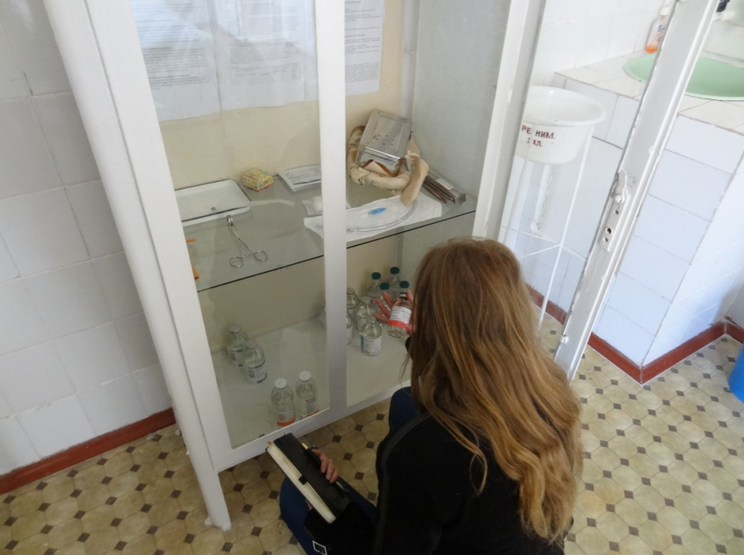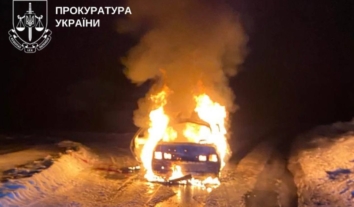HIV-positive prisoners assert their right to health care
The human rights activists point out that the court delivered four judgments on one and the same day to highlight the importance of observing the right of prisoners to appropriate medical aid.
According to the Kharkiv Human Rights Group website, October 22, the European Court of Human Rights delivered judgments in three cases of the HIV-positive citizens, who complained about refusal of medical assistance in detention facilities.
The ECHR considered the cases “Lunev v. Ukraine”, “Antonov v. Ukraine,” “Sokil v. Ukraine”, “Savinov v. Ukraine”, represented by lawyers from the Kharkiv Human Rights Group’s Strategic Litigations Fund.

The men had become ill before they came in sight of the law enforcement agencies. They sought legal advice at the KHRG after numerous refusals of providing health care.
“Moreover, in two cases, after numerous complaints condemning the fact that the treatment is not provided to them, the administration of the remand prison and the penal colony exerted physical and psychological pressure on the patients, trying to make them withdraw their complaints,” the human rights defenders said.
However, the plaintiffs continued to assert their rights. Having no opportunity to obtain justice in the national courts, the men appealed to the European Court of Human Rights asking to take urgent measures as the life of each of the applicants was in real danger – their organism with no support of medicines just got tired to fight the disease.
Only after the pressure from all sides had been exerted, the prisoners received the necessary anti-retroviral therapy with a delay of several months.
The court delivered four judgments on the same day. In all the cases, it recognized the violation of Article 3 of the European Convention – the right to provision of adequate medical care. In the case of Lunev, the court found inappropriate investigation into his allegations of beating and torture by the colony staff. In the case of Antonov, the court recognized the lack of effective legal means to protect his violated rights.















